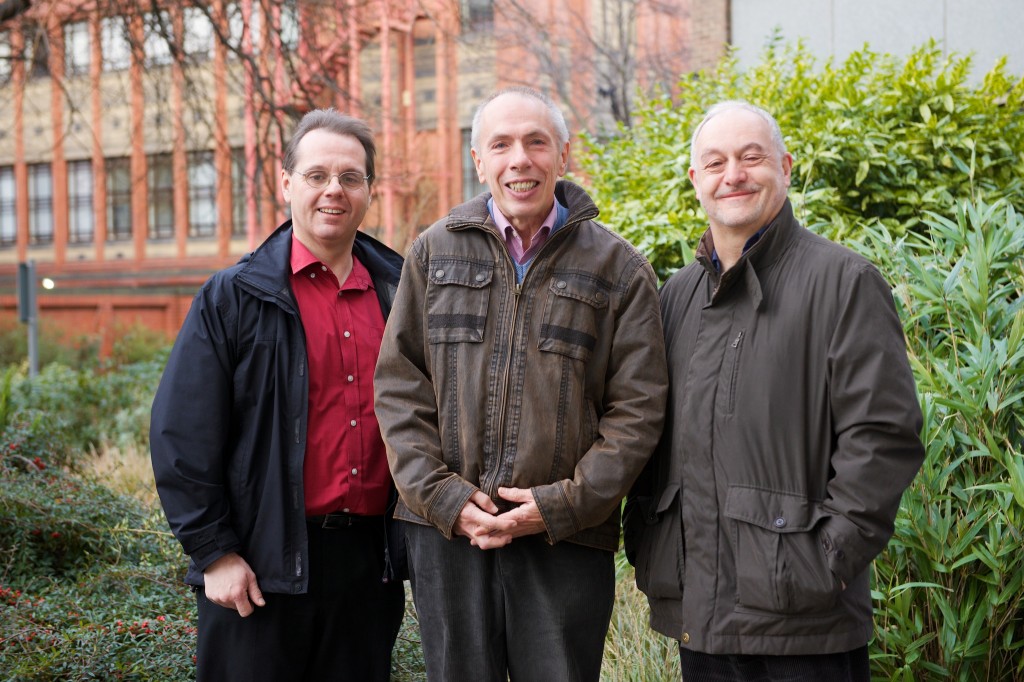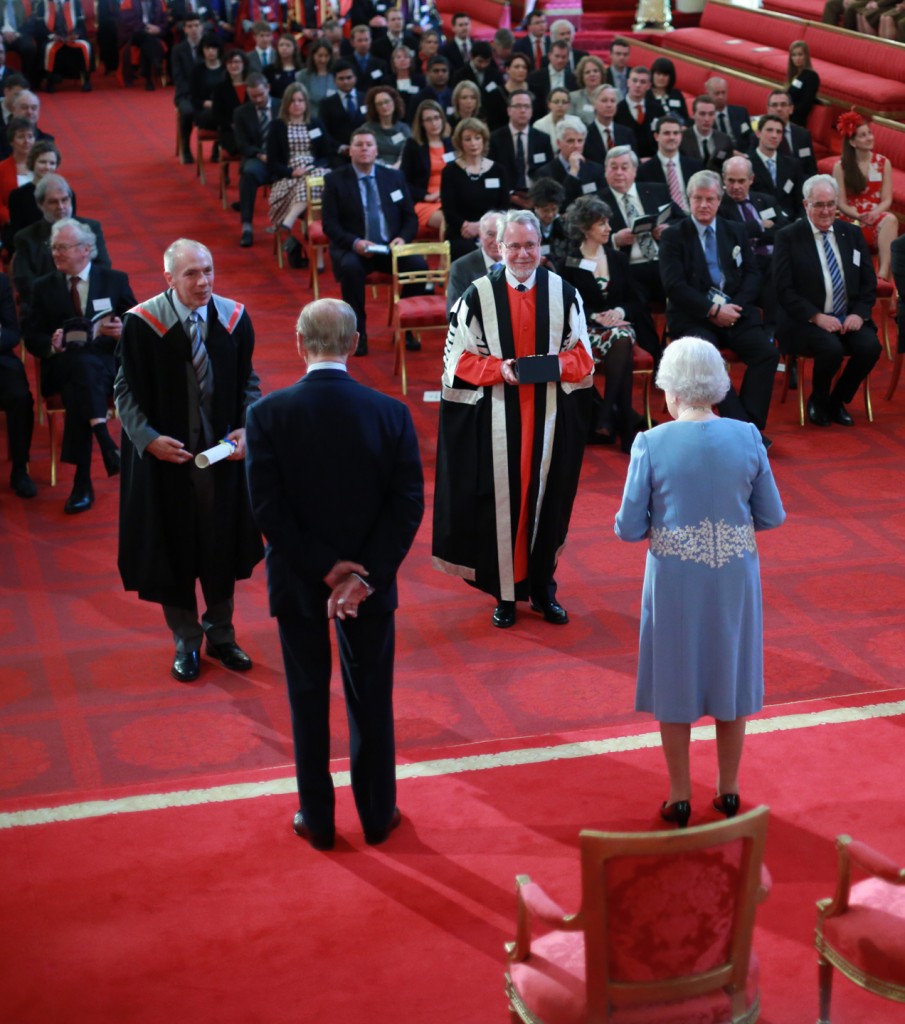
Professor Mark Shucksmith writes this blog following Newcastle University’s award of the Queen’s Anniversary Prize for Higher and Further Education 2014. This honoured the valuable and influentional research by the University’s Centre for Rural Economy.
This year Newcastle University’s Centre for Rural Economy (CRE) is not only celebrating its 21st birthday. It’s also celebrating the award to Newcastle University of a Queen’s Anniversary Award for its pioneering research into rural economies and societies.
Rural communities’ future prosperity will rely on businesses in a range of many sectors, not just farming; and on people’s capacity to shape their own future through processes of ‘networked rural development’ and ‘place-shaping’, supported by an enabling state. That this is now widely accepted internationally owes much to the pioneering work of staff across Newcastle University, led by the CRE, established in 1992 as a focus for interdisciplinary study and societal engagement. Over the last 21 years, CRE has been a world-renowned research centre in this field, and the novel idea of an economy beyond agricultural development, nurtured by rural communities that have their own rich and diverse sources of dynamism, has now become mainstream.
CRE led the way in painting an up-to-date picture of contemporary rural economies and societies with their diversified farms, local services, small businesses, commuters, homeworkers, community organisations alongside counter-urbanisation, middle-class colonisation, social and spatial exclusion, and challenges for public provision of services and affordable housing. CRE has also shed light on the mechanisms that shape rural economies and societies, focusing on the tensions between the internal dynamics of businesses, households and communities and the external social, economic and natural forces that impact on them. This interaction between local processes and external pressures leads to the geographical differentiation of rural areas, posing distinctive problems for the sustainable development of different places.
Recent work includes Professor Philip Lowe directing the £25m Rural Economy and Land Use (Relu) Programme on behalf of three research councils, aimed at developing practical but research-based options for the future of Britain’s countryside. Meanwhile, CRE staff and associates have provided advice to governments and engaged with practitioners in the UK and abroad – eg. helping to inform the rural growth agenda; advising on rural housing policy; on the veterinary profession; or chairing the Scottish Government’s Commission on the Future of Crofting, which led directly to the Crofting Reform Act 2010 – and forging close links with colleagues around the world (notably US, Japan, Korea, Norway, Finland, Ireland and other EU countries).
Innovative, original and distinctive features of CRE’s work over the past 21 years include bringing together the original concepts of networked rural development and deliberative place-shaping; the pioneering development of the practice of interdisciplinarity; innovative and effective knowledge exchange with those who live in rural areas; and marrying together theory, practice and engagement to make a difference to society beyond academia (“excellence with a purpose”).
CRE has developed the practice of interdisciplinary research from a minority academic research interest to a mainstream activity within academia. Many of the contemporary problems facing society call for collaboration between natural and social sciences and for holistic solutions. CRE’s Direction of Relu has been a pioneering endeavour in this field. By integrating social and natural sciences, it has introduced new outlooks on innovation, and influenced wider thinking on interdisciplinary research in Government and the UK Research Councils.
Another feature of CRE is the importance it has placed upon engaging with those in practice. For 21 years CRE has gathered evidence that furthers understanding of what makes rural economies flourish, and of rural social change and power relations. Based on this, CRE has had a continuing influence on national and international rural policy, for example through OECD, EU, national & local governments, secondment to the Cabinet Office, and appointments to the Countryside Agency, Commission for Rural Communities and Affordable Rural Housing Commission, as well as contributing to rural development practice in the NE. Valuable initiatives such as the Rural Business Survey and the Northern Rural Network have contributed significantly to the resilience and vitality of rural business in this region, and these are being successfully replicated elsewhere.
Finally, CRE exemplifies Newcastle University’s pioneering of the civic university mission of ‘excellence with a purpose’, now carried forward by the Newcastle University Institute for Social Renewal. CRE and its associates have developed influential theoretical contributions and sought to apply these to the policy and practice of sustainable development and social renewal in rural areas, engaging actively with practitioners, policymakers and the wider public. CRE is the embodiment of this vision of the academic institution as an active agent at the centre of a knowledge-based economy, creating and adding value to the links between local systems and broader national and international circuits of knowledge and expertise.

Guy Garrod, Professor Philip Lowe and Professor Mark Shucksmith

